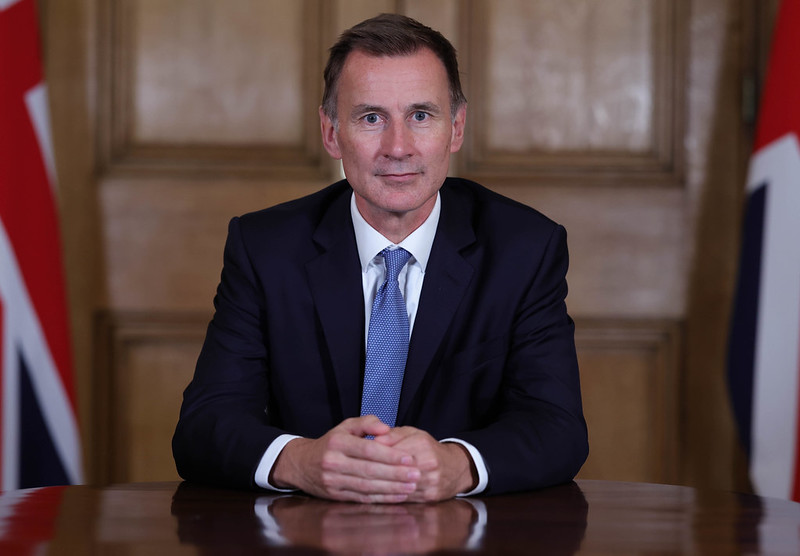An open letter from Scotland’s deputy first minister and cabinet secretary for finance, Shona Robinson, has urged the UK government to use the Spring Budget 2024 to address net zero and fuel poverty challenges.
Addressed to chancellor Jeremy Hunt, the letter – published 23 February – builds on a previous conversation between Robinson and the chief secretary to the treasury in Edinburgh last month, in which Robinson outlined the Scottish government’s priorities ahead of the Spring Budget, which will be delivered on 6 March.
Two of the four points of interest outlined within the letter refer to supporting net zero and addressing fuel poverty caused by high energy prices.
Supporting the net zero transition
“VAT is a powerful fiscal lever at your disposal that can reduce the impacts of climate change and help us meet our respective net zero targets,” wrote Robinson.
Although steps taken by the UK government to limit the discrepancy between decarbonising new build constructions and retrofitting existing buildings – such as domestic battery’s recent inclusion in the 20% VAT exemption – were praised, the letter urged the government to “go further” and bring parity to the VAT rate in construction.
Turning to the Review of Electricity Market Arrangements (REMA), Robinson highlighted the consultation “presents an opportunity to ensure the wholesale electricity market serves the best interests of consumers and delivers net zero” and therefore recommended the market reform support the Sottish Government’s ‘Draft Energy Strategy and Just Transition Plan’ in delivering net zero in a fair manner whilst also generating economic opportunities.
Tackling the ongoing energy crisis
The letter also addresses the ongoing energy crisis which has left millions of domestic customers in fuel poverty and business owners struggling to pay their energy bills.
Last week, Ofgem confirmed that the April to June price cap will be set at £1,690 for the average dual fuel household, 49% higher than pre-crisis levels.
Fuel poverty charity National Energy Action (NEA) responded to the announcement with concern, highlighting that 6 million UK households are still facing fuel poverty come April, up from 4.5 million in October 2021 and only a slight decrease from the 6.5 million households estimated to have faced fuel poverty in January 2024 under the higher price cap of £1,928.
Like the NEA’s chief executive, Adam Scorer, Robinson has reiterated the need for a social tariff to provide a “much-needed safety net for priority consumers, and to review urgently the support needed for businesses who are continuing to struggle with bills which are too high.”
Calling the UK Spring Budget a “key opportunity” to support people struggling through the cost of living crisis whilst also investing in net zero, Robinson concluded by addressing the chancellor directly, stating: “I urge you to rise to this challenge.”





